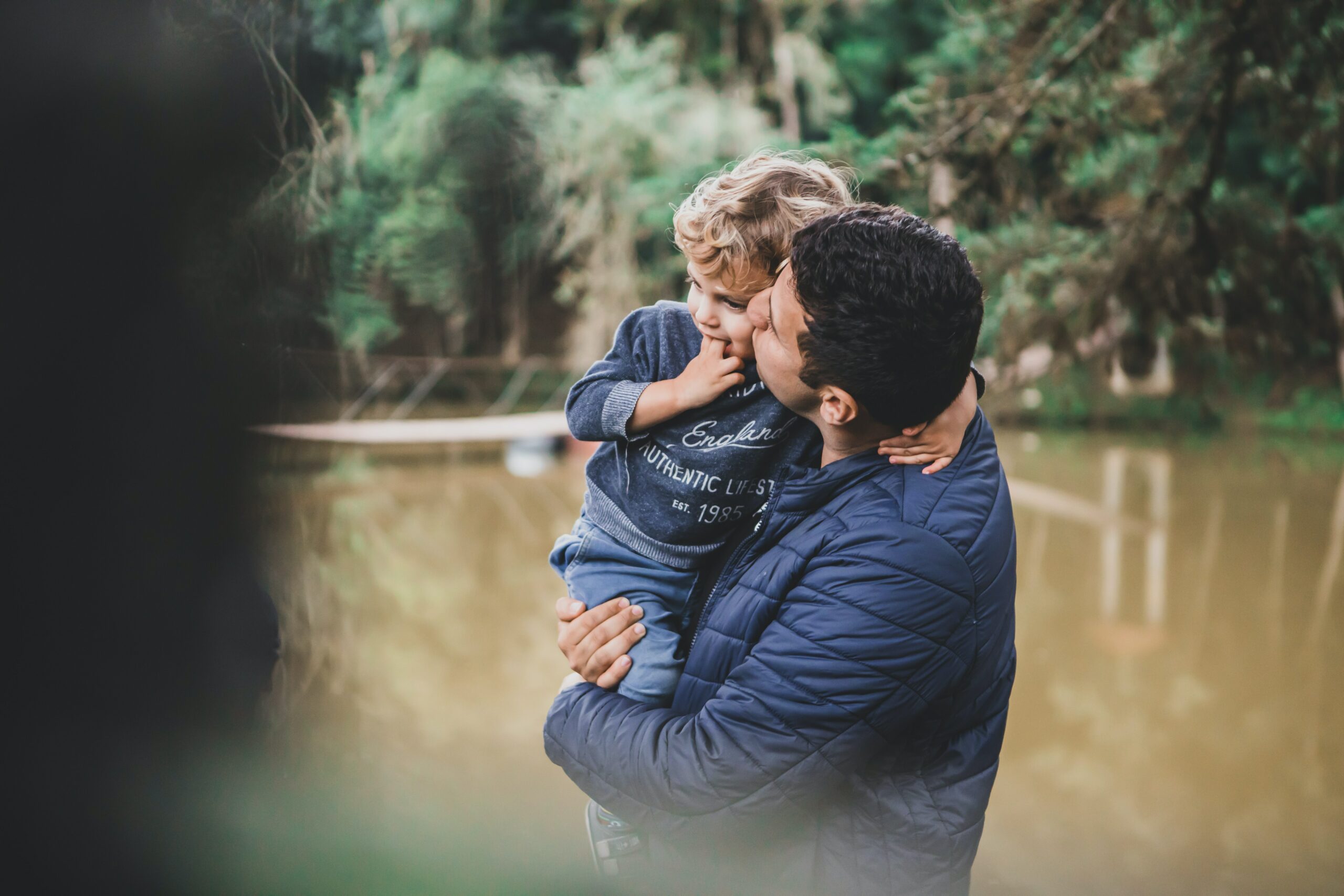
In a foster family, a child is brought up by surrogate parents directly in the new parents‘ homes. Fostercare aims to provide children at risk with permanent, longterm, or temporary care, depending on their life situation (and the status of their biological family). The choice of the "type" of foster care should depend on an assessment of the child‘s needs and the family situation and follow an individual child protection plan. The social workers use these tools to address the difficult life situation of the child and family at risk. The child‘s biological family should receive intensive support and assistance to consolidate their situation before a child is placed in any form of foster care.
Given the welfare system‘s struggle to provide sufficient assistance and supporting services (especially field and ambulatory services) to families at risk, and the decline in foster family care applicants, almost 8,000 children still grow up in institutional care. Residential institutional care is intended to be a time-limited option and must always be ordered by the court. If the reasons for which institutional care was ordered expire or if it is possible to provide other than institutional care, the court is obliged to terminate the institutional care without delay. From 2025, it will not be possible to place children under the age of three in institutional care.
The vast majority of children for whom we seek foster parents have their own families somewhere. Orphans are the rare exception in the social protection system. In most cases, these are so-called socially orphaned children who have a mother and father, or at least one of them, unable to care for them. Quite often, the extended family can take care of the children in such difficult situations, or the children are entrusted to the care of persons close to them. Another option for a (short-term and long-term) solution is to look for persons from the circle of vetted candidates for foster family care registered with the regional authority (see the chapter on the mediation of foster family care).

Children placed in screened families „from the register“ can come from:
All these children share the same needs and have the same rights as their peers. They need the safety, kindness, and patient care of a new family and unconditional acceptance to experience a fulfilled childhood. Even a family with previous parenting experience must become accustomed to the specific needs and behavior of the children entrusted to them. These children have experienced the exact opposite of what childhood is supposed to be. Instead of a safe and loving home, carefree life, and trust in an adult, they experienced abandonment, loss, fear, unsettling changes, and often mistreatment at the most sensitive time of their lives. The new family needs to have a good understanding of the needs of children living away from their own family. They need to understand the causes of their behavior and other expressions and be able to ask for support and help when they struggle to cope.
Children are selected for adoption if their legal representatives (usually parents) have given their consent to the adoption or if the court decided in special proceedings that no consent is required.
The parents no longer serve as the legal representatives of the child if they have been deprived of their parental responsibility and the right to consent to the adoption. If the parents have been deprived of their legal capacity, they may act in adoption matters, including the granting of consent to adoption, only to the extent that their limited legal capacity allows. The court shall relieve a parent of parental responsibility if the parent abused or seriously neglected his or her parental responsibility. A petition for limitation or removal of parental responsibility is usually filed by the municipality with extended jurisdiction. However, the courtmayinitiate the procedure even without a petition based on information obtained in the course of its activities. The court is obliged to consider the grounds for initiating the removal of parental responsibility whenever a parent commits a deliberate criminal offense against a child or uses a child to commit a criminal offense.
If the child does not have a legal guardian in at least one of the parents or if the court decided that parental consent is not required for the adoption, the court shall appoint a guardian to represent the child in the adoption proceedings. A guardian shall always be appointed for a child under twelve years of age. As a rule, the guardian is appointed by the social and legal protection authority.
Consent to adoption may be issued for a specific person - the adopter - so-called addressed consent, or without specifying a person. In the case of the addressed consent, the social and legal protection authority does not mediate the adoption process. The parent states his or her consent in a personal declaration to the court but only after the court informed the parent of the consequences of the adoption. The child‘s mother cannot give her consent earlier than six weeks after giving birth. The child‘s father may give consent to the adoption at the earliest after the birth of the child.
Adoption consent can be revoked within three months after being given. If the parents do not give consent at the same time, the time limit for revocation runs separately for each of them. After the time limit expired, the consent can be revoked only for the reasons set out in Section 817(2) of the Civil Code. Parental consent to the adoption shall cease to have effect if the adoption does not take place within six years from the date of issuing the consent. Both parents must consent to the adoption of a child even if the parent is a minor.
Parental consent is not required if the parent shows a lack of interest in the child. The court decides on the lack of interest in special proceedings initiated either by the appeal submitted by the social and legal protection authority acting as guardians or by the other parent. In their decision, the court shall assess the situation on the date of the appeal.
If the child is over 12 years of age, he or she must always agree to the adoption, provided that he or she is capable of assessing the consequences and that it is not against his or her interests to require consent. Children under 12 years of age are represented by a curator appointed by the court, usually a child welfare authority, who first ascertains all relevant circumstances. The court shall nevertheless try to hear the child and obtain his or her views on adoption, taking into account his or her mental maturity. The child may withdraw his or her consent to the adoption before the adoption decision is approved.


Children are placed in foster care if they are not legally free for adoption, their biological parents prove their interest (this is different for each parent and can be manifested in different ways) but are unable or incapable of taking care of the children. Parental rights and obligations remain with the biological parents.
Foster care is an institution as diverse as the stories of the children themselves. The foster parent personally cares for the child and is responsible for his or her upbringing. However, from a legal point of view, the relationship between foster parent and child is not the same as that between parents and child - as it is the adoption case. The foster parent has the right to represent the child and manage his/her affairs only in routine matters and does not have a maintenance obligation towards the child. To manage special matters (such as the travel document processing), the foster parent must seek the consent of the child‘s legal guardian (usually the child‘s biological parent) or court order.
The court approves the foster care for as long as the obstacle preventing the child‘s biological parents from taking personal care of the child lasts. It is a tool that should help the child to bridge a difficult period in his or her life when the biological familycannot fulfill its basicrole. Sometimes a child lives with a foster family until he or she reaches adulthood, while other times he or she may return to his or her original family after a certain period.
Children placed in foster care usually know their biological parents. In some cases, contact is frequent, in others it is scarce. Children in foster care have their original family and this should be respected. The legislation directly obliges the foster parent to maintain and nurture the child‘s relationship with his or her parents, other relatives, and persons close to the child. Foster parents are also obliged to allow contact between parents and the child unless the court orders otherwise. Foster care is a state-supported form of substitute family care and both the foster parents and the child are entitled to material security.
© All images were used from the platform Pexels.com and archives of the Adotion and Foster Care Center.